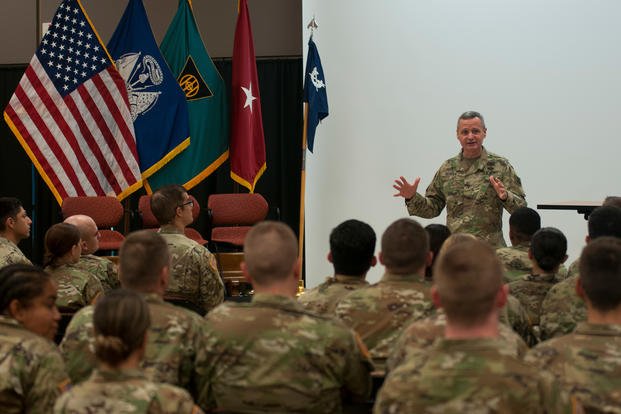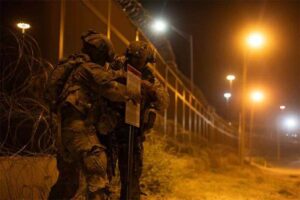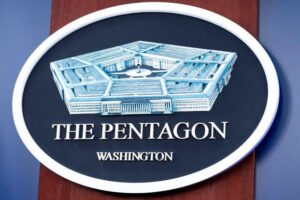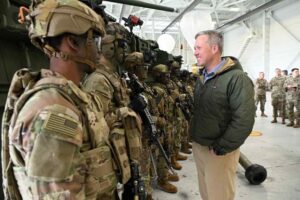The Impact of Recent Military Legal Leadership Changes
The recent dismissal of top legal officers across the military branches has sparked significant concern among military legal experts. These actions, announced by President Donald Trump and Defense Secretary Pete Hegseth, have set a precedent that raises questions about the politicization of military roles traditionally seen as apolitical.
In an unprecedented move, the top judge advocates general of the Air Force, Army, and Navy were removed from their positions. This decision included Air Force Lt. Gen. Charles Plummer and Army Lt. Gen. Joseph Berger. Navy Rear Adm. Lia Reynolds remains in her role due to a prior vacancy following Vice Adm. Christopher French’s resignation.
Defense Secretary Hegseth explained that the firings were intended to prevent any “roadblocks to orders that are given by a commander in chief.” This statement has raised eyebrows among military legal experts who emphasize the importance of these roles in providing impartial legal guidance and ensuring adherence to the Uniform Code of Military Justice.
While specific orders that might have been obstructed were not disclosed, Trump has previously suggested using military forces to enforce laws in cities with Democratic leadership, an action that could challenge federal legal boundaries. “Ultimately, I want the best possible lawyers in each service to provide the best possible recommendations, no matter what, to lawful orders that are given,” Hegseth stated.
Concerns have been voiced about the potential impact of these changes on the institutional knowledge and apolitical nature of military legal roles. An Air Force JAG officer expressed fears about the uncertainty of future appointments and the possibility of inexperienced individuals filling these critical positions.
The issue of politicization is particularly troubling for many within the military justice community. There is apprehension that future administrations may reverse directions, leading to further instability. “We’re trying to be apolitical,” said the Air Force JAG officer, highlighting the challenge of navigating legal roles in a politically charged environment.
Amid these leadership changes, Trump has a history of suggesting military involvement in domestic matters, which could place military legal experts at the center of significant legal decisions. Retired Maj. Gen. Charles Dunlap Jr. emphasized the critical role military lawyers play in ensuring that U.S. troops are not implicated in war crimes, advocating for the provision of nonpartisan and expert legal advice.
The firings have extended beyond the JAGs, affecting senior military officers, including Gen. Charles “CQ” Brown, formerly the chairman of the Joint Chiefs of Staff. In a New York Times op-ed, former Air Force Secretary Frank Kendall expressed concern over these dismissals, particularly those of legal authorities, labeling the move as an attack on the rule of law.
Supporters of the administration argue that these changes could enhance the reputation of the Navy’s legal command. Tim Parlatore, a former Navy officer and lawyer, suggested that past leadership had encountered issues with command influence and misconduct but offered no evidence for these claims.
Despite differing opinions on the firings, the broader implications for U.S. military relations with allies remain uncertain. Dunlap noted the historical rarity of such mass dismissals and suggested potential repercussions for international military partnerships.










